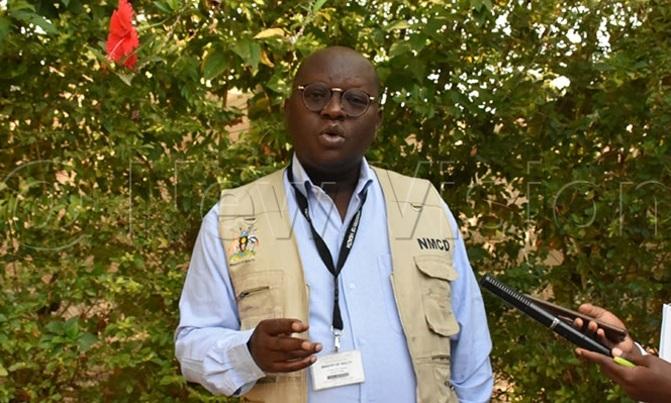Africa-Press – Uganda. HEALTH|MALARIA|WEST NILE
Every day, 38-year-old Florence Chandia walks 20Kms to collect firewood. She does this to raise money for her six-year-old son’s malaria treatment.
What started as a simple fever with a runny nose has turned out to become a lifelong commitment for the mother of five children, to preserve her delicate son’s life.
“It started as a simple fever. He was just one year. The first time I just gave him painkillers. The pain stopped. Then it came back after a week, I again treated him with painkillers and he became fine. The third time it came, it was different. The boy started urinating blood,” she says.When she noticed blood in her son’s urine, Chandia realised that whatever her son was suffering from was something that cannot be remedied by painkillers.
She borrowed from her neighbor sh5, 000 to travel, by boda boda, to Adjumani hospital for proper medical attention.Tests were carried out, according to Sarah Adrupio, a nurse at the hospital, the child had severe malaria and had become anemic. This necessitated the hospital to transfuse him with blood. Adrupio, also acted as an interpreter since Chandia only speaks Madi.Much as blood is free of charge at the hospital, Chandia had another hurdle to jump. The hospital did not have malarial drugs. The health worker attending to the child directed her to private clinics to buy the drugs which included Coartem.
The mother, who is a peasant farmer and the primary breadwinner of her family located in Mokolo West, Lajopi Parish in Adropi Sub-county, Adjumani district, left her son at the hospital bed to go and look for the money. Her husband, she says, is a deadbeat father.That day, she sold food stock to raise the money. The drugs were bought and her son got well, but this was to last for only three weeks. It was the beginning of a very long and resource draining battle.Three weeks after the transfusion, the child went down with severe malaria again, she rushed him to the hospital and he was treated. This time there was no blood transfusion.It was on the third malaria attack that the boy underwent a second blood transfusion. This time, Chandia’s eyes opened and she got the idea of collecting firewood for sale.
“I started collecting the firewood from the bush because I don’t have money. When it (firewood) is enough to make a bundle, I go to town to look for buyers. Firewood does not have a high market in town so I sell it at sh5, 000 per bundle. The money is small but at least I save a little for his treatment whenever malaria strikes,” she says.This year, her son had his fifth transfusion but this time around, the CBC machine at the hospital broke down. So, to carry out blood tests, she went to a private health facility in town. It cost her sh15, 000 per test.A CBC is an automated hematology analyzer, which counts blood cells and collects information on their size and structure. The concentration of hemoglobin is measured, and the red blood cell indices are calculated from measurements of red blood cells and hemoglobin.According to Dr. Micheal Ambaku, the medical superintendent of Adjumani hospital, they are working hard to restore the CBC machine.






